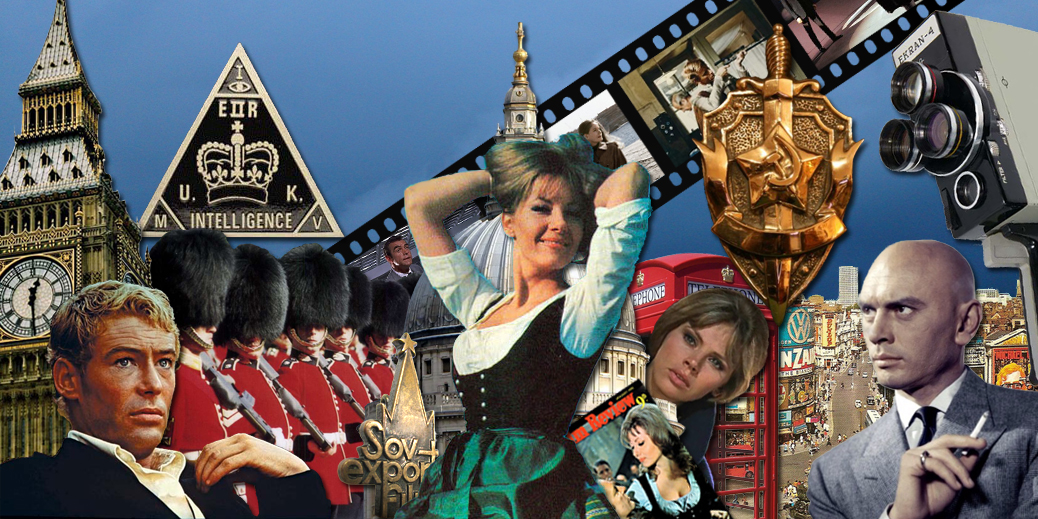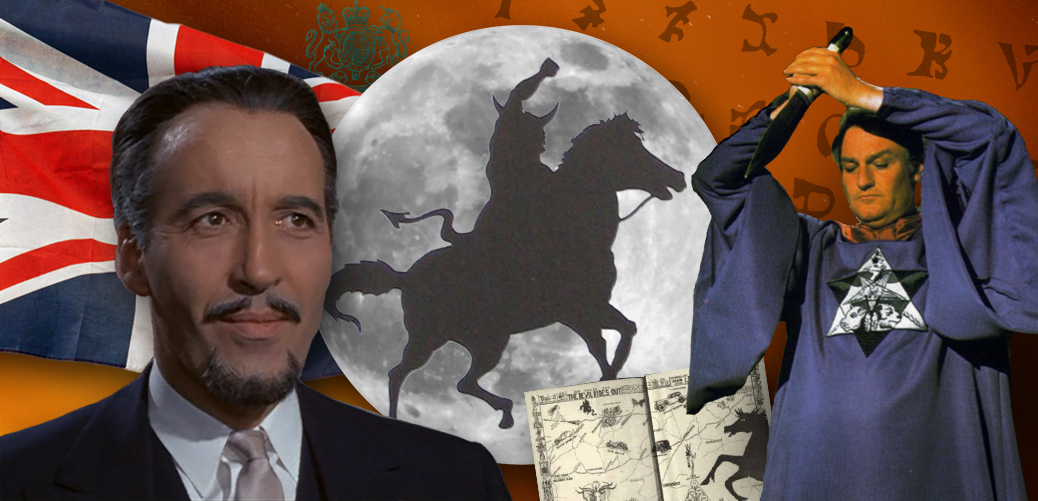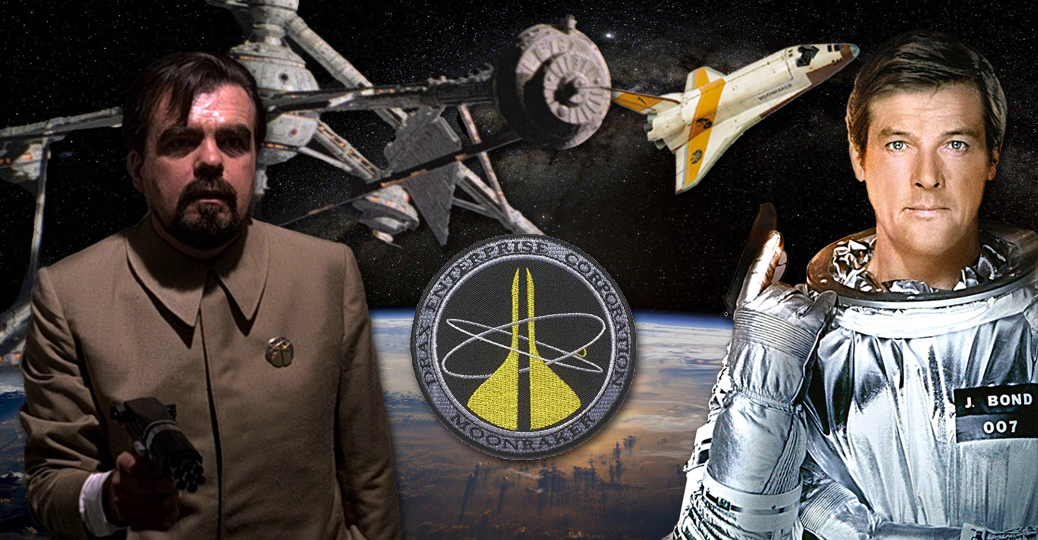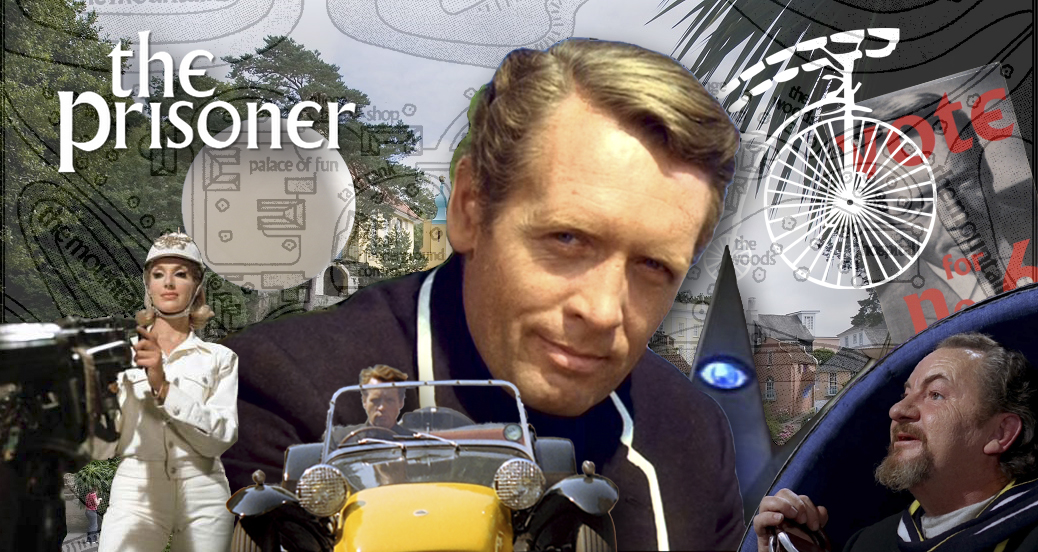Dr. Richard Spence, author of Secret Agent 666: Aleister Crowley, British Intelligence and the Occult and Trust No One: The Secret World of Sidney Reilly, and co-author of the book Empire of the Wheel with Walter Bosley, joined me in this audio interview to cover the fascinating material in his research on the history of espionage, secret societies and the occult. Seeking to uncover the real Aleister Crowley – well known as a Satanist and black magician – and who his handler might have been, Dr. Spence demonstrates how Crowley’s mystical journeys might have had a more pragmatic design in the field of covert operations. From there we cover Nazi leader Rudolf Hess’s infamous flight to England and what it really may have signified, as well as Bolshevik occultists and the true mysteries of Shambhala, sought by all: British, German and Russian esotericists (and spies!).
Stream or download hour 1 here.
To get the full two-hour talk, subscribe at JaysAnalysis for 4.95 a month, or $60.00 a year, for my full talks and interviews, as well as purchasing my book, Esoteric Hollywood at Jay’s Analysis.










